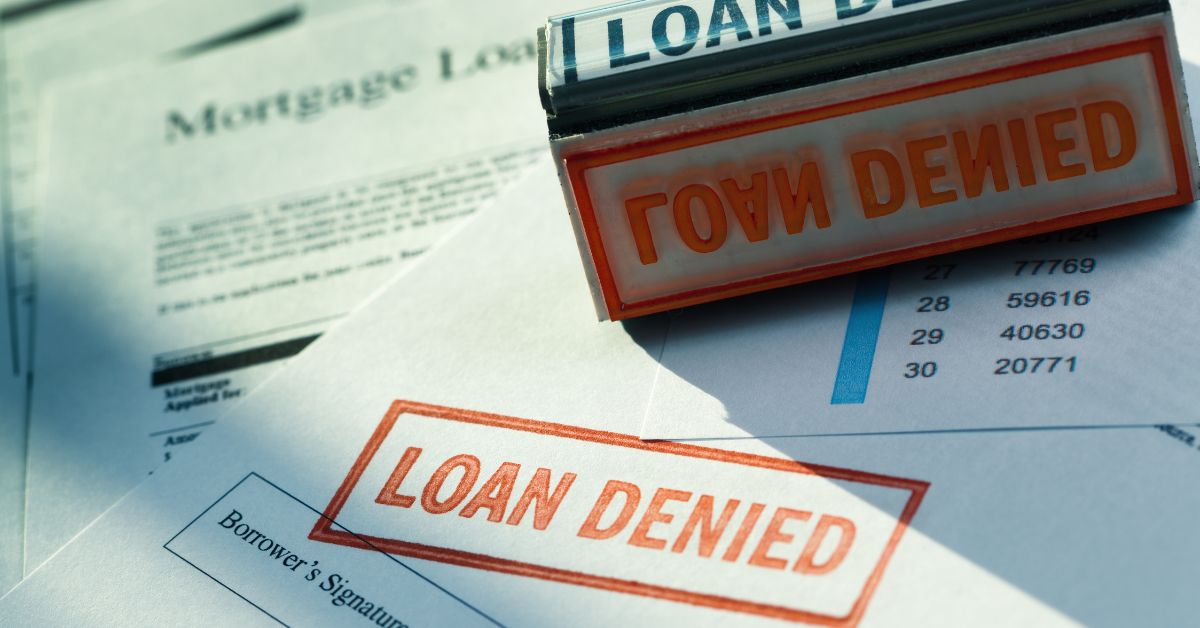Graduating From College? 3 Things You Need to Know About Mortgages and Student Loans
 Are you thinking about buying a new home using a mortgage loan? If you’ve just graduated from college, you’re probably wondering how your student loans will impact a mortgage and what your options are. In today’s post we’ll share three things that you need to know about mortgages if you’re still working on paying off your student loan debt.
Are you thinking about buying a new home using a mortgage loan? If you’ve just graduated from college, you’re probably wondering how your student loans will impact a mortgage and what your options are. In today’s post we’ll share three things that you need to know about mortgages if you’re still working on paying off your student loan debt.
#1: Yes, Your Student Loan Will Affect Your Application
You might as well embrace the fact that your outstanding student loan is going to cause some questions to be asked during the mortgage application process. Mortgage lenders have a responsibility to understand the risk involved in lending a significant amount of money to you. And because of this, any mortgage provider is likely to dig into your financial background to ensure that you are responsible and can afford to make the mortgage payments.
Don’t take it personally. In fact, it’s best to be up front about your existing student loan or other debts and your plan for managing them.
#2: It’s All About Your “DTI” Ratio
Your debt-to-income ratio is going to be a significant factor in the success of your mortgage application. This figure helps to determine how much money you need to send out to balance your debts each month versus how much you’re bringing in from working. If this ratio is too high, it’s a signal that you may not be able to juggle all of the payments you’re responsible for making. Also, keep in mind that over time, your job and income situation will change and this can affect your DTI ratio as well.
#3: Missed Payments Can Cause Serious Problems
Finally, you’ll want to ensure that you don’t miss any student loan payments. Even one missed payment – for any reason – can cause significant damage to your credit rating or FICO score. Successfully managing a higher-than-normal debt load means being strict with your budget and responsible with your payments. If possible, try to have your student loan payments taken out from your bank account automatically. That way you won’t forget or miss the payment deadline.
While it may be a challenge to manage multiple types of debt, it’s not impossible. Juggling student loans with a mortgage can be done and offers the benefit of building your net worth while paying off your past loans. For more information about getting a mortgage when you have student loans, contact your trusted mortgage team today. We’ll be happy to share our insight and make recommendations that fit your situation.

 If you are thinking about purchasing a house today, you have probably realized that mortgage rates have increased significantly. This has made it much harder for people to afford home loans, and these higher rates have had an impact on the lender’s business as well. In an effort to make it easier for people to afford a home, you might be able to access something called a buy-down loan or a buy-down mortgage. It could help you save a significant amount of money during the first few months or years of your loan.
If you are thinking about purchasing a house today, you have probably realized that mortgage rates have increased significantly. This has made it much harder for people to afford home loans, and these higher rates have had an impact on the lender’s business as well. In an effort to make it easier for people to afford a home, you might be able to access something called a buy-down loan or a buy-down mortgage. It could help you save a significant amount of money during the first few months or years of your loan. So you’ve been pre-approved for a mortgage – great! You’ve taken the first step toward becoming a homeowner. But before you start picking out china patterns, you’ll want to keep in mind that a pre-approval isn’t the same thing as a mortgage agreement. There’s still no guarantee that you’ll actually get a mortgage.
So you’ve been pre-approved for a mortgage – great! You’ve taken the first step toward becoming a homeowner. But before you start picking out china patterns, you’ll want to keep in mind that a pre-approval isn’t the same thing as a mortgage agreement. There’s still no guarantee that you’ll actually get a mortgage.